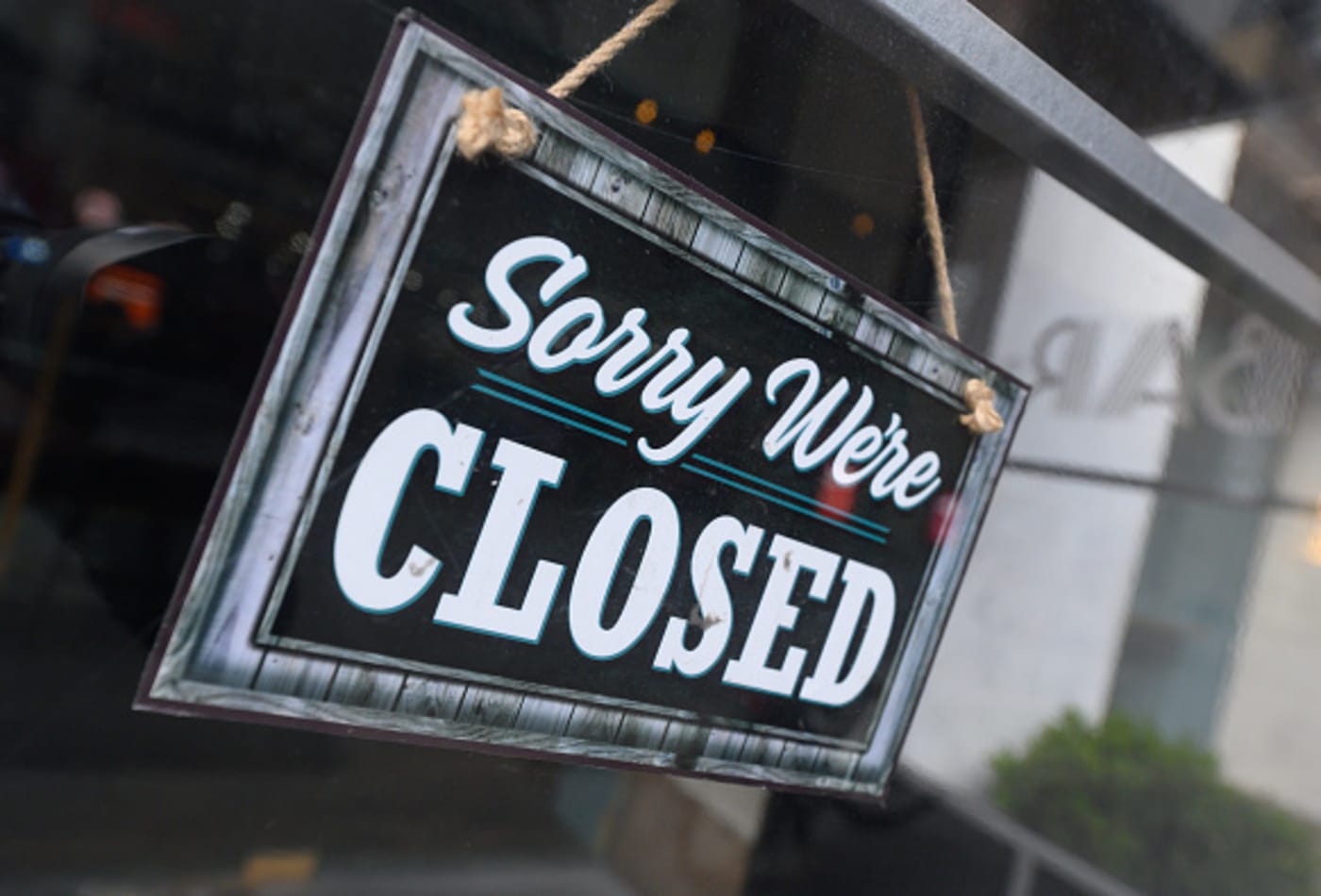As businesses across the United States and around the world grind to a halt amid the coronavirus crisis, one industry that is getting killed is the retail industry. Large chain retailers like Macy’s, Kohls, and the Gap have put majority of their employees on furlough as store traffic has dried up completely. Majority of the US is on a mandatory lockdown at home and last week over 7 million people filed for unemployment. The US unemployment rate is at 13%, the worst since the Great Depression. Even when consumers are allowed to leave their homes in the near future, a large population won’t be able to shop as they lost their jobs.
There are bright spots however in the retail industry. Retailers like Amazon and Walmart are beefing up their hiring needs. Between these two retail giants, 250,000 jobs are available to help keep up with demand. CVS, Ace Hardware, and Lowes are also hiring in the thousands. In addition to brands that sell paper goods and cleaning supplies, other strong product categories in retail today are at-home equipment (computers, tablets, software), small appliances (bread-makers, microwaves, blenders), home fitness (treadmills, free weights, yoga mats), and toys/board games.
Retailers are finding new ways to operate during the coronavirus. While consumers cannot shop inside Best Buy’s stores, Best Buy launched curbside pick up to make it more convenient. Kohls and Dicks Sporting Goods also is offering curbside pick-up. MicroCenter is offering “text and wait” to eliminate crowds and to adhere to social distancing. Other retailers are investing in digital ads as well as offering deep discounts to boost online sales.
If you are a manufacturer, especially a product start-up, it would be a terrible mistake to cut back on your sales and marketing efforts to retailers and just wait till the economy improves. Here are 5 tips to help you sell to retailers during the coronavirus
- Review your retail-go-to-market plan
- Stay in touch with your retail buyers
- Offer creative financing strategies
- Bullet proof your supply chain
- Promote, Promote, Promote
Retail Strategy
While business has slowed down, use this time to reassess your retail-go-to-market strategy. Perhaps during “pre-coronavirus”, you were probably more open to sell to any retailer that had a “warm heart beat”. Now is the time to be more focused and sell to the right retailers. Some retailers are asking for longer payment terms while others are slow paying invoices. Have a plan on which retailers make sense to work with not just today but for the future.
Stay in Touch
Now is not the time to be not seen or heard from. While retail buyers are scrambling to maintain their business, they need you as much as you need them. Reach out to retail buyers to see how you can help them during this unusual time. Retail buyers don’t like to be sold to but they like to buy. With that in mind, do your best to be available. Call or email your buyers to stay connected. Check in on them to see how they are doing. Most likely, they are working from home just like you and may have some time to talk.
Offer Creative Financing
Inventory is one of the most expensive assets for a retailer. If you offer some sort of creative financing strategy for your retailers, you may get an order that your competition probably won’t. One financing strategy is to offer longer payment terms if you can afford it. Another would be to offer an attractive terms discount for early payment. And finally, the last option would be to offer consignment where the retailer will pay you what is sold through, not what is sold in (ie. the retailer buys 100 units from you and sells 10 units in April. You would get paid for 10 units, not 100 units).
Bullet-proof Your Supply Chain
Traumatic events have a way of calling attention to our weak points. That’s true with people and it’s true with companies. After the Sept. 11 terrorist attacks, many businesses were forced to wonder just how vulnerable their supply chains are to unforeseen disruptions. Part of bulletproofing your business is preparing for the unexpected. That includes doing a better job of managing your supply chain so you can respond quickly to emergencies. The answer to avoiding such a situation is supply-chain visibility. Good supply-chain visibility means you or someone on your team can identify purchased materials as they move through the factory’s production flow and transportation networks to your receiving docks. By the same token, you must have the same visibility into outbound goods as they are manufactured, assembled, stored in inventory, and shipped through the transportation network to retailers’ receiving docks. Once you can see what’s going on in your supply chain you still need to be able to adapt quickly to whatever fate throws your way. You can further bulletproof your operations by building in supply-chain flexibility, which is the ability to restructure the system quickly and inexpensively.
Promote, Promote, Promote!
For many brands, promotions are key in building both awareness and sales. Since many retailers now more reliant than ever on their e-commerce platform, offer creative promotions to get premium space on the website. Retailers like Best Buy, QVC, and Sams Club offer on their website links to daily or weekly specials. These particular pages on the site get more traffic than other pages on the retailer’s website. Don’t wait for the buyer to reach out to you for promotions. Be proactive and reach out to the buyer. I guarantee if you don’t, your competition will!
The ultimate survival strategy right now is just to be there and help in whatever way you can. This is what retailers, especially retailers in small communities need to focus on. If this crisis has taught us nothing else, it is that we are all bound together in local communities. Together we stand strong and together our actions are helping defeat COVID-19.
To learn more how Retailbound can help build your brand in retail, contact Yohan Jacob at yjacob@retailbound.com or by phone at 630-246-4068.



